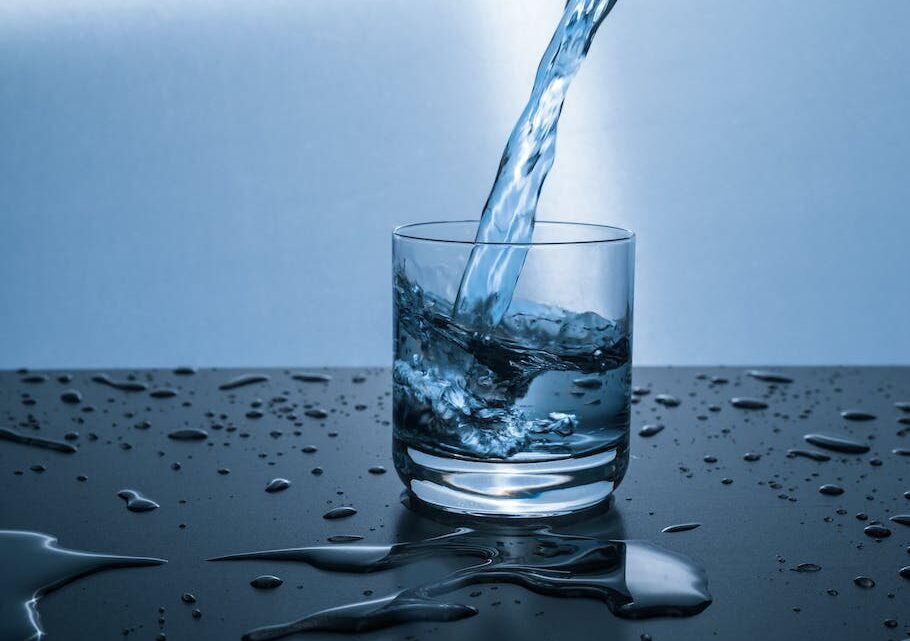
Hydration for Seniors: Unlocking the Power of Water
June 5, 2023As we age, our bodies undergo a multitude of changes, each marking a significant milestone in our life’s journey. Among these changes, the role of proper hydration often takes a backseat, despite being a cornerstone of well-being. The importance of staying well-hydrated becomes increasingly critical for seniors, as the aging process can disrupt the body’s ability to regulate fluids efficiently. This article delves deep into the reasons why hydration is paramount for seniors’ health, shedding light on the physiological changes that accompany aging and the array of benefits that come with maintaining optimal hydration.
Physiological Changes and Hydration
Aging brings about various physiological changes that can drastically impact the body’s hydration balance. One pivotal change is the reduction in total body water content. This decline in the percentage of water in the body stems from the decrease in muscle mass coupled with an increase in body fat. With aging, there is a natural decline in muscle mass, and since muscles retain more water than fat, the body’s capacity to hold water decreases. This necessitates a more vigilant approach towards replenishing fluids.
Moreover, the sense of thirst can undergo alterations as well. Aging may lead to a reduced sensitivity to thirst, resulting in seniors being less aware of their need for fluids. Paradoxically, this diminished sense of thirst can contribute to a decreased intake of liquids, setting the stage for dehydration to emerge even before individuals acknowledge the necessity of rehydration. Consequently, seniors might inadvertently neglect the required water intake, thereby elevating the risk of dehydration-related complications.
The Importance of Hydration for Seniors
- Preserving Cognitive Function: Proper hydration is intrinsically tied to cognitive function. Dehydration can impair memory, attention, and overall cognitive performance. Given the growing concern of cognitive decline in seniors, maintaining proper hydration levels becomes a crucial strategy for preserving mental sharpness and enhancing overall quality of life.
- Fostering Physical Health: Adequate hydration is pivotal in facilitating the optimal functioning of various bodily systems. It aids in regulating body temperature, lubricating joints, promoting efficient digestion, and ensuring the efficient transport of vital nutrients throughout the body. These functions assume even greater importance with advancing age, as seniors frequently encounter challenges in these areas due to age-related changes.
- Mitigating Urinary Tract Infections (UTIs): The susceptibility to urinary tract infections (UTIs) tends to increase in seniors, particularly among women. Adequate hydration can play a critical role in reducing the risk of UTIs by assisting in flushing out bacteria from the urinary tract. Since UTIs can lead to discomfort and potentially severe complications, highlighting hydration as a preventive measure takes on heightened significance in senior care.
- Safeguarding Cardiovascular Health: Dehydration can exert strain on the cardiovascular system, potentially leading to an accelerated heart rate and decreased blood volume. This poses particular concerns for seniors with preexisting cardiovascular conditions. By prioritizing hydration, seniors can help maintain stable blood pressure and promote overall cardiovascular well-being.
- Enhancing Digestion and Nutrient Absorption: Digestive issues tend to become more prevalent with age. Hydration plays a pivotal role in supporting the digestive process, promoting regular bowel movements, and aiding in the absorption of essential nutrients. Seniors stand to benefit significantly from proper hydration, ensuring they extract necessary vitamins and minerals from their diet.
- Mitigating Falls and Fractures: Dehydration can lead to dizziness and a drop in blood pressure, thereby increasing the likelihood of falls and fractures among seniors. Maintaining optimal hydration levels presents a simple yet effective strategy for promoting balance and reducing the risk of accidents.
Tips for Seniors to Stay Hydrated
- Establish a Hydration Routine: Instituting a regular schedule for drinking water can serve as a crucial step in ensuring seniors consume sufficient fluids throughout the day. Incorporating a glass of water before or after each meal can function as a helpful reminder.
- Leverage Technological Aids: Reminders set through alarms or smartphone apps can prove invaluable in prompting seniors to drink water at designated intervals. Technological tools can counteract the diminished sensation of thirst associated with aging.
- Embrace Hydrating Foods: Including fruits and vegetables with high water content can significantly contribute to daily hydration goals. Watermelon, cucumbers, oranges, and strawberries are excellent choices to incorporate into their diet.
- Monitor Urine Color: Educating seniors about monitoring the color of their urine can offer a tangible means of gauging their hydration status. Pale yellow urine generally signifies proper hydration, while darker shades might indicate dehydration.
- Moderate Diuretic Intake: Certain beverages, such as those containing caffeine and alcohol, possess diuretic properties that can lead to increased fluid loss. While the enjoyment of these beverages in moderation is acceptable, seniors should strive to balance them with hydrating options like water and herbal teas.
Conclusion
In the tapestry of aging gracefully, the prominence of proper hydration is a thread woven with care. Seniors, with their distinct physiological changes and unique challenges, must assign hydration the significance it warrants to safeguard cognitive function, sustain physical well-being, ward off infections, and elevate overall quality of life. Equipped with insights into the physiological transformations of aging and fortified by practical strategies to maintain optimal hydration, seniors can actively cultivate their health and savor an enhanced quality of life as they navigate their golden years. Recognizing the gravity of hydration for seniors and striving to ensure they receive the necessary support to stay hydrated constitutes a vital step towards safeguarding their continued health, happiness, and overall well-being. As we collectively gain deeper insights into the nuances of aging, advocating for proper hydration for seniors emerges as a cornerstone of promoting healthier and more fulfilling lives in their later years.



